View stories from and about the community we serve. Read recent news, stories, tips and advice for donors, professional advisors and nonprofits.
Stories
Filter Stories By

Here are a few ways you can stay grounded and generous when the world feels unpredictable.

Learn how the Foundation and the Ramsey County Attorney’s Office are partnering to establish policy change around non-public-safety traffic stops.

Create a charitable legacy by donating a gift of life insurance.
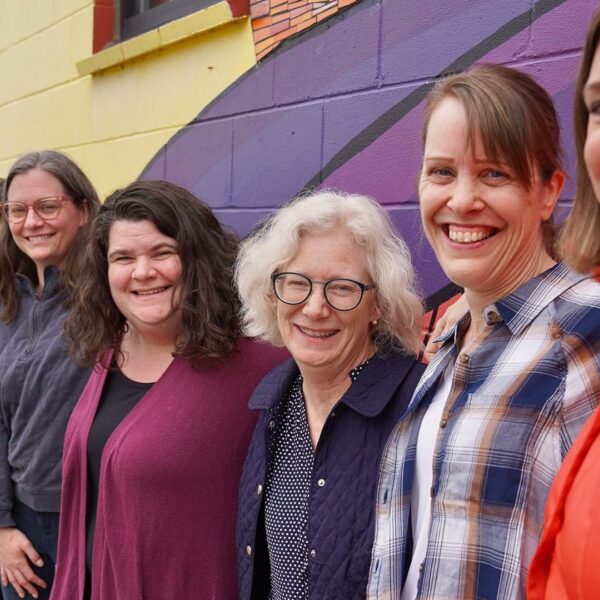
Learn four ways the Foundation can help your board members value planned giving.

The Foundation’s new Rapid Response Fund supports Minnesota communities during moments of civic, environmental and social disruption.
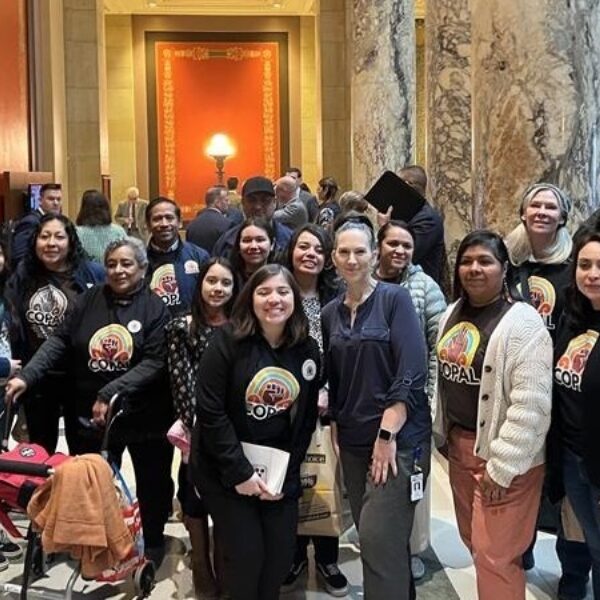
These organizations work every day to support all members of our community — across cultures, identities and experiences.

Here are six new tax incentives to discuss with your advisors to ensure they help you make the most of your giving.

Here’s how new tax rules, deductions and planning opportunities will shape philanthropic strategies this year.
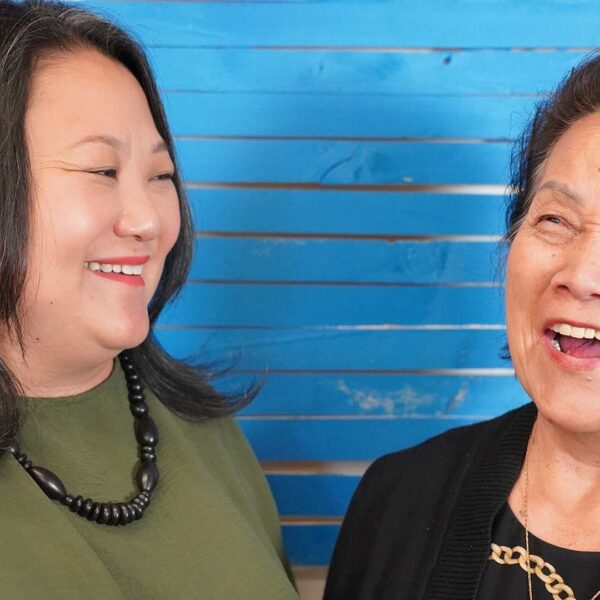
Here are three thoughtful actions that can bring clarity and confidence to your giving at the beginning of the year.
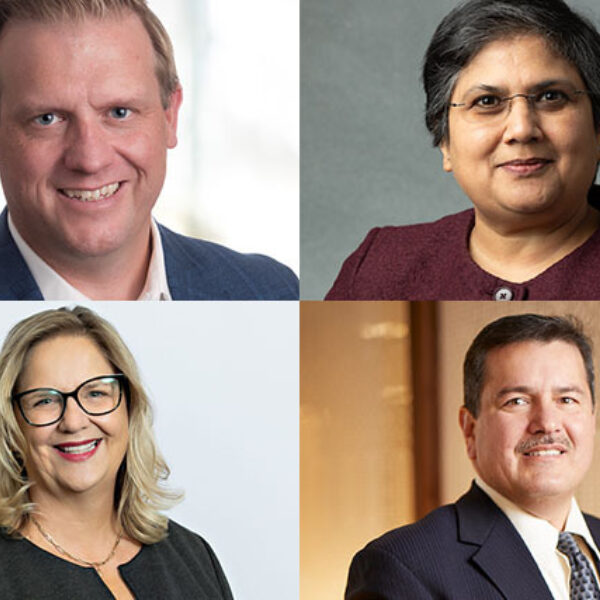
Please join us in welcoming four community leaders to our board.

Raine Cloud carries on the practices of her ancestors through the art of beadwork and design.
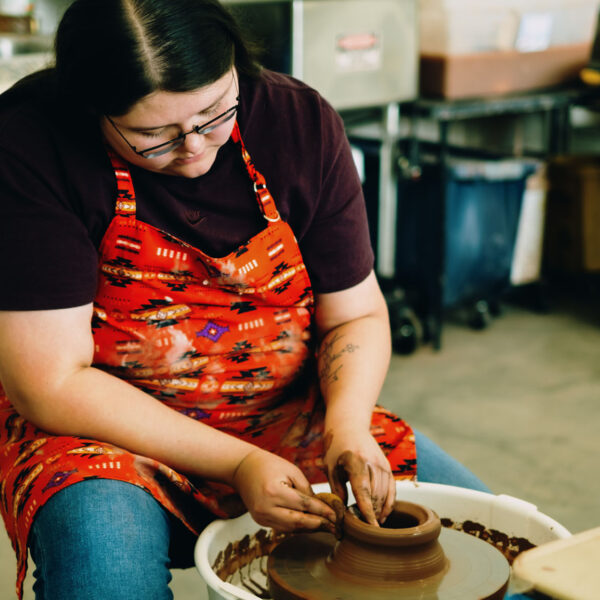
Rochelle Lame Bull carries on her family traditions and imbues cultural significance through her pottery.

